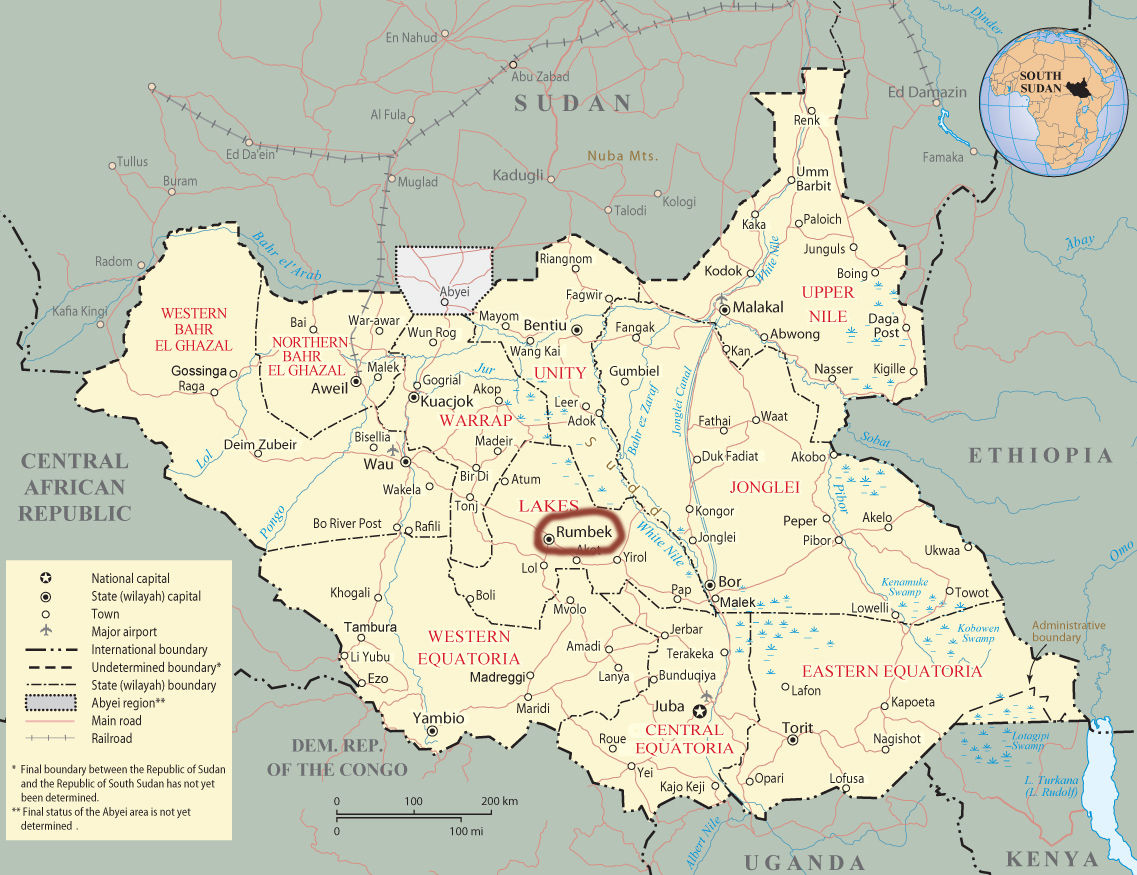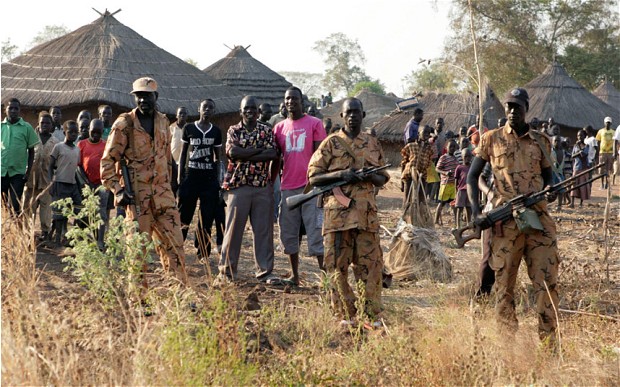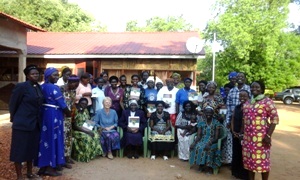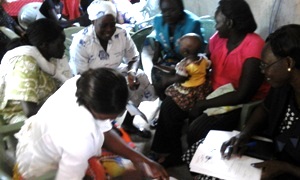Since South Sudan gained independence in 2011, much of the nation has returned to brutal violence and crippling instability mirroring the wars that have gripped much of the region for the past 50 years.
It is easy to understand the sentiment expressed by Jok, a church member in Wau: “I had thought that South Sudan was cursed.” Following a recent training by DNA affiliate organization CMS Africa, however, he continues: “But now I know that God has blessed and will bless South Sudan.”

Cultural lies and paradigm shifts
In the Wau training, significant time was given to examining cultural lies and their impacts on individual lives and society. Some harmful behaviors emerging from these lies were identified:
- Girls receiving less education than boys
- Family relationships breaking down
- The dowry system and the increasing “price” placed on brides
- Women held responsible for all household chores
- Men having multiple wives
- Revenge killings
Conference participants discussed what God’s Word has to say about these behaviors and how his truth, when lived out by the Church, can build healthier, more prosperous societies.

Following a deep discussion on “revenge killings” and how children are taught to take revenge and fight from a very young age, one participant applied God’s truth to her own family right away. She said that when she arrived home after one of the trainings, she found her youngest son fighting with a neighbor’s child. Normally, she would have encouraged the child to win the fight but, due to the teaching, she chose to stop the fight and have the children make peace, instructing her son not to take revenge. God’s Word has the power to cleanse and heal, even overcoming this strong tendency toward revenge.
The conference ended with a discussion on Seed Projects, and participants planned the following projects:
- Distributing food to prisoners
- Conducting a seminar on business management
- Holding a community discussion on the root causes of the conflicts and how to obtain lasting peace
“We still have hope no matter how the situation looks,” a participant named Adili said. “What we need is to change our attitudes as transformation begins with us.”
Empowering women in local churches
For some time, the Mothers Union of the Episcopal Church of South Sudan has offered literacy, numeracy and money-saving programs to help women (most of whom have had little or no access to education) develop their skills. The women were seeing limited results from their new knowledge, and it was concluded that they needed to address issues of worldview: To bear abundant fruit, they needed to be rooted in God’s Word and apply it.
Samaritan Strategy Africa (SSA), the DNA’s local network across much of the continent, was invited to explore together with the women what it means to be a Christian in every aspect of life and to live a life consistent with the biblical worldview.

During the conference, 16 lessons helped these women examine their own thinking and belief systems, analyzing their cultures, traditions and the things they value and comparing them to God’s intentions. The women were very engaged and eager to learn.
“The learning was very intensive and informative,” said the president of the Mother’s Union. “It has helped me in particular to have a new and practical way of reading the Bible with a purpose.”

“The teachings shall help us prepare the local churches in implementing the Great Commission fully, in a more practical manner and in obedience so that God may be with us till the end,” said Jessica, a conference participant.
The participants devised several Seed Projects to meet practical needs in their community:
| PROBLEM | SEED PROJECT | IMPACT AREA |
| Poor health | Seminar on use of herbal medicine | Wisdom |
| Lack of knowledge of God’s Word | Bible Study | Spiritual |
| Boys living in the streets | Train them on family life | Physical, wisdom |
| Poverty among widows and orphans | Provide with local chickens | Physical |
| Influx of widows due to war | Trainings on income generation | Wisdom |
SSA will walk with these women as they carry out their projects and replicate the training in their local churches.



